#Whedonverse
Text

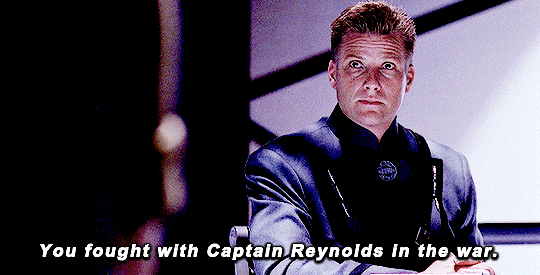





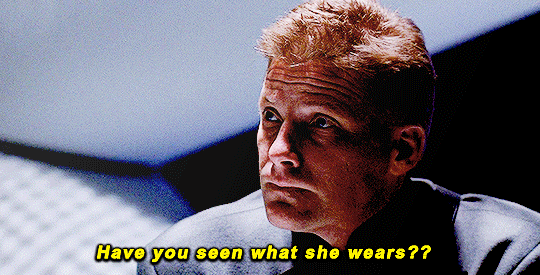
firefly 1x03 - bushwhacked
→ captain was lookin for a pilot, I found a husband. Seemed to work out.
bonus:
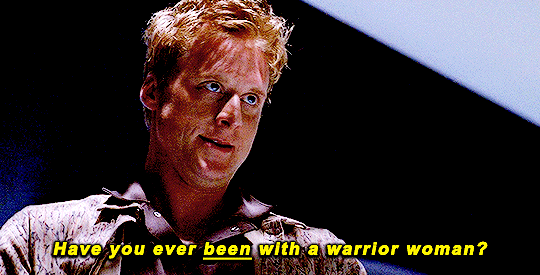
#firefly#fireflyedit#tvandfilm#usersilene#userbox#dailytvfilmgifs#ohheycool#hoban washburne#zoe washburne#gina torres#alan tudyk#whedonverse
115 notes
·
View notes
Text

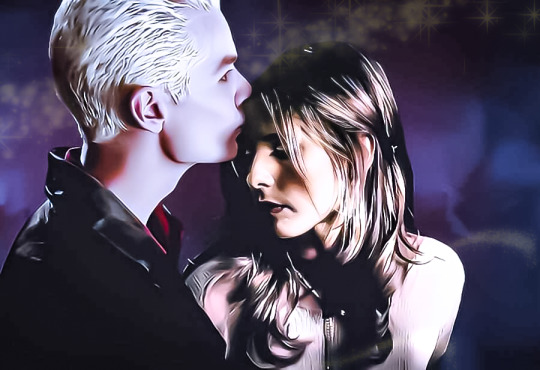

Just some manipulations I did. The lyrics are to Kate Bush's "This Woman's Work."
#spuffy#buffy btvs#buffy summers#manips#btvs#buffy the vampire slayer#buffy fanart#buffy x spike#whedonverse#kate bush
64 notes
·
View notes
Text
41 notes
·
View notes
Text
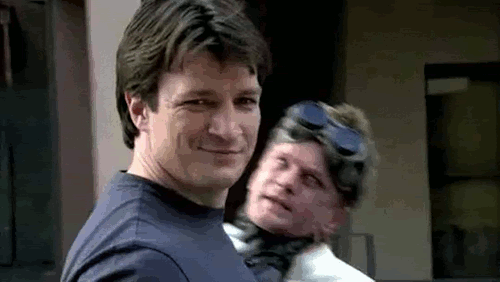
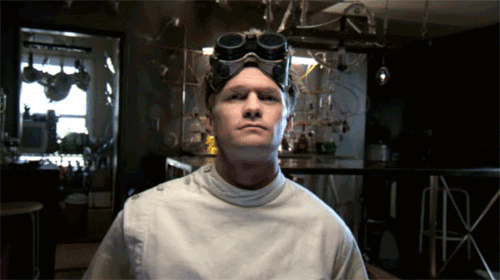
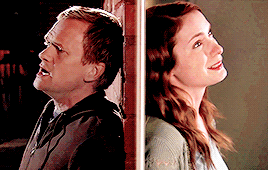


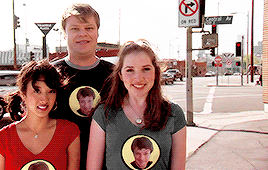
I love this musical too much
#billy dr horrible#dr horrible sing along blog#dr. horrible's sing along blog#dr horrible#neil patrick harris#felica day#nathan fillion#joss whedon#whedonverse
49 notes
·
View notes
Text
CUT! This week, Emily and V go back in time for a retrospective of truly despicable actions and quotes by a truly despicable man, Joss Whedon, whom fandom-at-large gave far too many passes for far too long. From killing off Cordelia Chase to punish Charisma Carpenter to outright racism against Ray Fisher, Joss Whedon's career is as full of people to whom he was joyfully cruel as it is full of nerdcore heavy hitters. Can you really separate art from the artist? What is the line beyond which art just isn't worth it?
This Week In Fandom History is a fandom-centric podcast that tells you… what happened this week in fandom history!
#buffy the vampire slayer#buffyverse#buffysource#cordelia chase#charisma carpenter#joss whedon#whedonverse#fandom#fanfiction#Spotify
22 notes
·
View notes
Text
God, rewatching Angel is always so brutally bittersweet. Every damn time there's a happy or touching moment my heart has to cry the refrain of "but most of them will be dead in just a few years".
Doyle. Cordelia. Fred. Wesley. And still others.
That's the knowledge Angel will have to live with for the rest of his undead life, that the price of choosing to fight the good fight at his side got his best friends killed in the end. His friends who, unlike him, hadn't taken up the fight because they had a dark past to atone for, but just because they'd wanted to help people. Because they'd wanted to give their all to beat back the dark, even at the cost of eventually snuffing out their own light in the world.
And the thing is they wouldn't even have regretted it, in fact they chose it again and again at every step, because that's the kind of heroes they were.
Yep...this show is so brutally bittersweet.
I'm fine, this is fine. T_T
#my random ramblings#me working my way through rewatching my old dvd boxsets because my laptop isn't working#angel the series#angel the vampire#cordelia chase#wesley wyndam pryce#fred burkle#whedonverse#I can't believe it's been so many years and I *still* haven't gotten around to reading any of the comics#there are so many of them at this point that it'll take me years to be able to afford to buy them all#they must be available online for free somewhere but again...my laptop still isn't working *sigh*#A14
52 notes
·
View notes
Text
Just a reminder for those interested: Some of Anthony Head’s fans are raising money for Welsh Pony Rescue & Rehoming Charitable Trust, in honour of his 70th birthday on February 20th. Any amount helps, you can leave him a message when you donate.
There are 5 days until his birthday, let’s show him (and ponies!) some love. Thank you! 🐴 ❤️
#buffy the vampire slayer#btvs#anthony head#anthony stewart head#rupert giles#buffy#ted lasso#rupert mannion#bbc merlin#uther pendragon#repo! the genetic opera#rocky horror show#signal boost#please boost#whedonverse#dr who#little britain
24 notes
·
View notes
Text
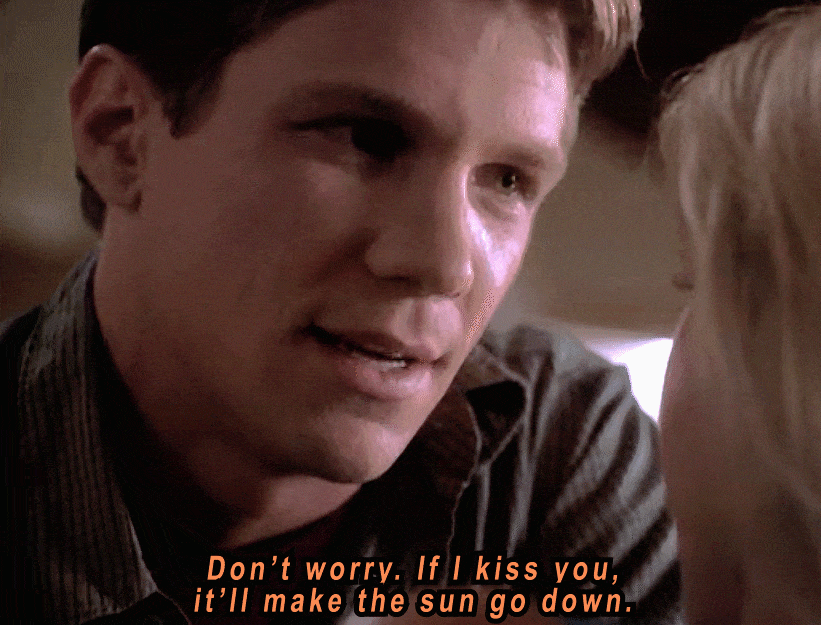
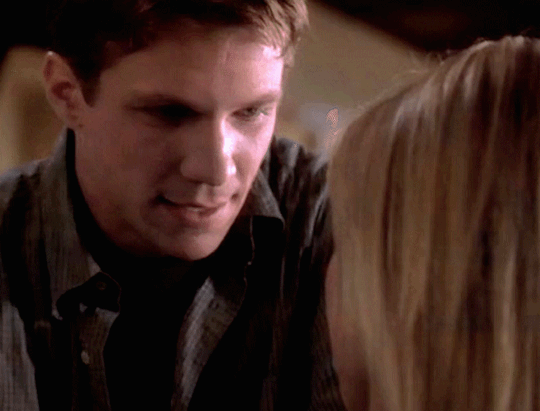



Buffy Summers and Riley Finn
Buffy the Vampire Slayer 4x10
#biley#briley#buffy summers#btvs#riley finn#btvs season 4#gif sets#btvs 4x10#biley season 4#buffy x riley#riley x buffy#btvsedit#btvsgifs#whedonverse#btvsverse
14 notes
·
View notes
Text
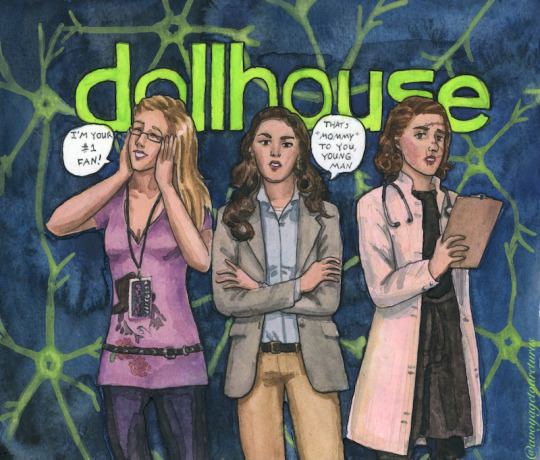
Filling the void of fanart... Dollhouse (2009-10) walked so Westworld could run
#dollhouse#dollhouse 2009#sierra#echo#eliza dushku#dichen lachman#amy acker#science fiction#science fiction day#national science fiction day#whedonverse#joss whedon#dollhouse fox#dollhouse fanart#fan art#priya tsetsang#claire saunders#illustration#art#watercolor
21 notes
·
View notes
Text
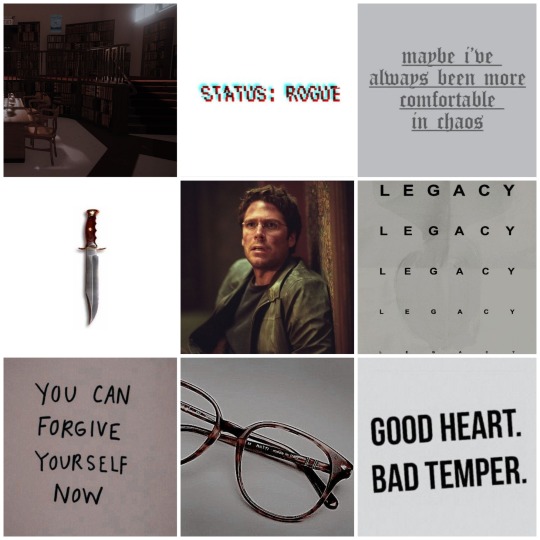

Wesley & Giles moodboards
#wesley wyndam pryce#fred burkle#buffy the vampire slayer#angel the series#spike btvs#tara maclay#willow rosenberg#xander harris#rupert giles#moodboard#my edit#buffyverse#whedonverse#dawn summers#alexis denisof#anthony stewart head#explore page#cordelia chase#david boreanaz#alyson hannigan#james marsters#btvsedit
37 notes
·
View notes
Text
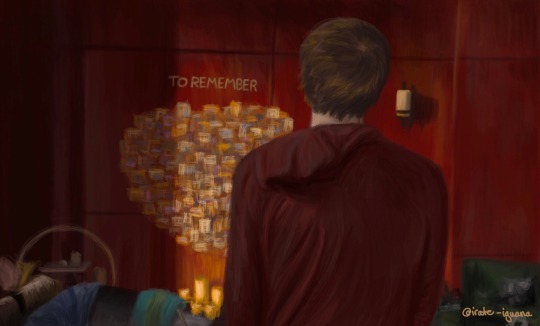
“Huh.”
Feeling sad about him and making it everyone’s problem.
#dollhouse spoilers#topher brink#dollhouse#dollhouse tv#dollhouse tv show#dollhouse show#dollhouse series#dollhouse tv series#dollhouse the series#(i don’t know how to tag this show. the title’s so generic)#whedonverse#fanart#art#digital art#original post#esmer draws things#well technically paints
12 notes
·
View notes
Text

Buffy just wants to be in a band (oh, and, uh, slay vampires), Joyce, c’mon!
#buffy the vampire slayer meme#buffy the vampire slayer edit#buffy the vampire slayer text post#buffy the vampire slayer#btvs#btvsedit#btvs edit#btvs meme#btvs text post#buffy summers#buffy summers edit#spike btvs#btvs spike#spuffy#spuffy edit#spuffy meme#spike x buffy#buffy x spike#buffyverse#whedonverse#sarah michelle gellar#james marsters#alannacouture#ouat.t100.adow.sab.etc#ouat.t100.adow.dw.reign.etc
52 notes
·
View notes
Text
28 notes
·
View notes
Text
Okay, y’all did pretty good last time, so let’s try this again
I need some angsty/angry Bangel fanfic (HEA, please) anytime after season 3 that gives off Silver Springs by Fleetwood Mac vibes.
#buffy fanfic#buffy x angel#buffy summers#buffy and angel#angel#angelus#joss whedon#whedonverse#i want a very specific fanfiction but i dont want to have to write it myself i want someone else to write it for me#fanfic#fanfiction
9 notes
·
View notes
Text
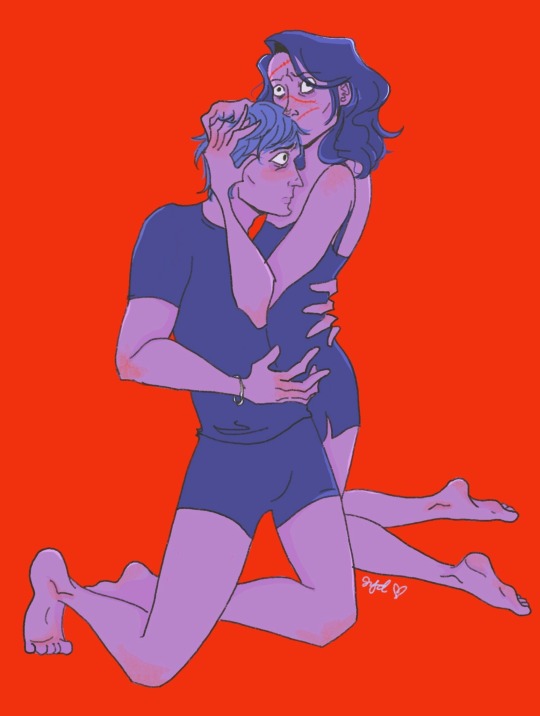
the disgraced creator and his broken creation
you don’t love the one who made you
#dollhouse#IN 2023 YES#claire saunders#topher brink#whedonverse#dollhouse (tv)#mine#syd art#also yah hate using the j**s tag but idk there must be#MUST BE 2 other people who still love this show
23 notes
·
View notes
Text
Wrestling with Whedon
Welcome, Scooby Gang!
When we discuss Buffy the Vampire Slayer, it’s impossible to ignore its creator, Joss Whedon. Once considered a nerd god, his fall from grace has stunned fans, leaving them just as heartbroken as those of the Harry Potter franchise. But let’s start from the beginning: who is Joss Whedon? Many consider Whedon the auteur of BtVS, a term used to denote “a film director who influences their films so much that they rank as their author” (OED); think here of Alfred Hitchcock. Although all of Whedon’s projects, including BtVS, were brought to life by an army of creatives, Whedon is still credited as the creator and sometimes writer and director, rendering his name and contributions inseparable from these projects.
Joss Whedon might be one of the worst nepotism babies of television writing, with his grandfather being a writer on shows such as The Andy Griffith Show and The Golden Girls being among his father’s projects. Growing up in New York City, Whedon lived a life of luxury, attending Winchester College, a British boarding school, and graduating from Wesleyan University in Connecticut. Although this all sounds like a peaceful and privileged life, Whedon has also come out to say that his parents “ran the home as though they were in the thick of” “a writers’-room battle” and that if he or his brothers “weren’t funny or entertaining or agreeing with them, they would cut [them] down or turn to stone” (Vulture). Because of his childhood experiences, Whedon says that “he suffers from complex post-traumatic-stress disorder” (Vulture); yet, despite not wanting to discredit his trauma, I don’t believe that this excuses him for how he went on to treat others in his life.
In the 1990s and 2000s, Whedon’s career steadily grew and his cult following of fans with it. With projects such as Buffy the Vampire Slayer (1992, 1997-2003), Angel (1999-2004), Toy Story (1995), Alien Resurrection (1997), Firefly (2002), Serenity (2005), Dr. Horrible’s Sing Along Blog (2008), and Dollhouse (2009-10), Joss Whedon became a god and a king among nerds and the comic-book artist Scott R. Kurtz even designed a highly successful shirt in 2005 that read “Joss Whedon is my Master Now.” Even within the workplace, “a sort of cult of personality formed around Whedon” where “the standard reaction to Joss was worship” (Vulture). During this time, many of Whedon’s projects did not succeed to the extent that many believed they should have, beginning with the “painful” interpretation of his vision for the original BtVS movie, as Kai Cole, his ex-wife, put it (The Wrap), and continuing through to the mishandling and cancellation of Firefly. As a Vice article puts it:
“The culture of liking Joss Whedon was at this point already about defending him from various enemies—networks who canceled his shows, actors who he claimed said his lines incorrectly, or improvised too much. [...] His success was a symbol of success for liberal nerds everywhere, a sign that comic books and genre fiction could be taken seriously by the world at large. If you were wrapped up in that fandom, any criticism of Whedon became an attack on everything that nerds love, and it’s a dynamic that doesn’t exist only in the past tense.” (Vice)
This passionate and often obsessive fanbase aided Whedon’s breakthrough into mainstream culture in the early 2010s, when, within a single year, Whedon released three very different yet successful projects: The Cabin in the Woods (2012), a horror movie satire, Much Ado About Nothing (2012) a black and white DIY production of a Shakespeare classic, and The Avengers (2012), the renowned Marvel superheroes film. This year marked the height of Whedon’s career, with his following projects slowly marking his downfall.
In 2015, with the release of The Avengers: Age of Ultron, Whedon encountered his first backlash and the first indications of flaws in his feminism. Viewers labelled the film as sexist because of a scene where Black Widow claims to be monstrous since she cannot bear children. Two years later, in 2017, Whedon’s scrapped 2006 Wonder Woman script leaked, and those who read it once again saw his portrayal of female superheroes as sexist, this time regarding his script as a nerd’s wet dream. Later that same year, Kai Cole, Whedon’s ex-wife, released a public statement about her relationship with Whedon and revealed his numerous affairs and over a decade of lying. In this article, Cole explains that they met in 1991 and were married for over twenty years before separating. In this time, spanning the most successful years of Whedon’s career, Kai Cole says: “I loved him. And in return, he lied to me. A lot” (The Wrap). Cole believes that “he used his relationship with [her] as a shield [...] so no one would question his relationships with other women or scrutinize his writing as anything other than feminist” (The Wrap). Whedon even did the opposite and used his feminist reputation as a defence in his marriage when Cole was at times “uncomfortable with the attention Joss paid other women” (The Wrap). She elaborates that “he always had a lot of female friends, but he told me it was because his mother raised him as a feminist, so he just liked women better. He said he admired and respected females, he didn’t lust after them. I believed him and trusted him” (The Wrap). Sadly, Whedon’s later projects—and even earlier projects, although viewers did not notice it—revealed that he did not solely admire and respect strong female characters but sexualized them for his own satisfaction.
Whedon’s reputation as a feminist was so strong that he had even previously received awards for his feminist efforts, notably when “Equality Now gave him an award in 2006—presented by Meryl Streep—for his efforts as a male feminist” (Vice). Cole wanted to correct this vision of Whedon, who, as she says, “never conceded the hypocrisy of being out in the world preaching feminist ideals, while at the same time, taking away [her] right to make choices for [her] life and [her] body based on the truth” (The Wrap). In the end, Cole only desired to warn against the previously normalized worship of her ex-husband and explained, “I want to let women know that he is not who he pretends to be. I want the people who worship him to know he is human, and the organizations giving him awards for his feminist work, to think twice in the future about honouring a man who does not practice what he preaches” (The Wrap). Cole’s statement was the fandom’s wake-up call, but many continued worshiping Whedon, simply acknowledging that he was human and made mistakes. At this point, all we knew was that he cheated on his wife—it was sad, but it was not anything out of the ordinary for celebrities and the average person alike.
Over the years, more women have come forward to share their experiences with romantic or sexual relationships with Joss Whedon. In Cole’s article, she says that Whedon had his first affair on the set of Buffy the Vampire Slayer, and years later, after coming clean about this, he told her, “I was surrounded by beautiful, needy, aggressive young women. It felt like I had a disease, like something from a Greek myth. Suddenly I am a powerful producer and the world is laid out at my feet and I can’t touch it” (The Wrap). Whedon has used this feeling of helplessness as an excuse for his mistreatment of the women of BtVS numerous times, explaining elsewhere that “he had felt he ‘had’ to sleep with them, that he was ‘powerless’ to resist” (Vulture). If this reminds you of rapists blaming their actions on their victims’ clothing, professions, or behaviours, saying they couldn’t control themselves, you’re not the only one. Even as a younger man at university, “he admired strong women like his mother, yet he’d discovered he was capable of hurting them, ‘usually by sleeping with them and ghosting or whatever’” (Vulture). In the accounts from women who dated Whedon after his marriage ended, “he was not the hero they had read about in the press, the one who wanted to see women in control; he was more like the cold-blooded men he depicted in his work” (Vulture), and the Whedon at Wesleyan sounds a lot like Parker Abrams from early season four, or even Angel right after he lost his soul. Since his marriage ended, Whedon has sought treatment for a love and sex addiction, a path also taken by celebrities such as “James Franco, Kevin Spacey, and Harvey Weinstein” (Vulture). If Vulture’s article was more recent, I am sure Kanye West would also be on that list. Additionally, celebrities such as Russell Brand, David Duchovny, Tiger Woods, and Rob Lowe have also sought treatment for the same addiction, with many of these celebrities only doing so in response to a cheating scandal. Whether Whedon has healed and grown in this regard is unbeknownst to us, but many before him paved this path to redemption in the media’s eyes.
The same year as Cole’s statement, Justice League (2017) came to theatres, which Whedon later labelled as “one of the biggest regrets of his life” and would contribute considerably to his downfall (Vulture). The original director of the film was Zach Snyder, who had his own group of devoted and worshiping fans, but he had to drop the project to be with his family after his daughter committed suicide, so Whedon took over the post-production duties. Whedon did more than oversee the final touches, though, and instead made drastic changes to the film. After viewers were disappointed by Whedon’s version, they demanded to see Snyder’s, which the studio released in 2021; yet, before its release in 2020, the cast began speaking out about their experiences with Whedon. What precipitated the avalanche of testimonies regarding Whedon’s workplace behaviour was a July 2020 tweet by Ray Fisher saying that “Joss Whedon’s on-set treatment of the cast and crew of Justice League was gross, abusive, unprofessional, and completely unacceptable.” Following Fisher’s statement, allegations of racist treatment of the actor and character surfaced, and other actors came forward with their experiences. Suddenly, the fans who worshiped Snyder were attacking Whedon online, and those who previously worshipped Whedon weren’t sure what to do. Allegations of Whedon abusing his power continued to emerge over the next few months, but what put the nail in the coffin holding Whedon’s reputation happened in 2021 when Charisma Carpenter went to Twitter to rehash her experiences with Whedon on the set of Angel. This was not the first time she had discussed his “casually cruel” behaviour or her wrongful dismissal; in fact, “the actress has been talking about it with fans and reporters for more than a decade” (Vulture), but it was nonetheless the final straw. By the time the first half-season of The Nevers (2021) premiered on HBO, promising Whedon’s return to television, Joss Whedon had already stepped down as the showrunner, and the marketing did not acknowledge his involvement. In the year and a half since its airing, HBO has cancelled the show and removed the already aired episodes from their library—HBO, at the very least, is treating Whedon to the full cancellation treatment, and we will see who follows suit.
But what does this all mean to the fandom and scholars? In truth, no one is sure, but they have been asking just that for the past two years. Since so many people around the world love BtVS so much and yet are so deeply disappointed in what has come to light about Whedon, many people have decided to divorce the art from the artist, completely ignoring Whedon’s role in its production, or they have erased BtVS from their lives. These are both flawed responses. The first response, where people have separated the art from the artist, neglects the richness of potential scholarship or understanding that becomes available by analyzing BtVS alongside what we now know about Whedon. As one article explains, “the belief that [Buffy’s] story was something other than a projection of his psyche is ultimately just another fantasy. Whedon did understand pain — his own. Some of that pain, as he once put it to me, ‘spilled over’ into the people around him. And some of it was channeled into his art” (Vulture). There is new and rich nuance to BtVS that fans and scholars alike should not ignore. The second response ignores the contributions of everyone else who worked on the show; it feels inappropriate to disregard the effort of these writers, producers, directors, makeup artists, costume designers, set designers, actors, and the list goes on, especially if they continued to contribute to a project they saw the merits in despite the work environment being less than ideal or even toxic and abusive. If they endured Whedon’s cruelty during BtVS’ production, then we should acknowledge and be thankful for their work rather than dismiss it because of their boss’ wrongdoings.
After all, BtVS now belongs to the fans and scholars who have made it what it is, and although people throw this sentiment around, it is grounded in literary theory, that being Roland Barthes’ ‘Death of the Author’ essay from 1967. In this essay, Barthes puts forth that we, as fans and scholars, should not study a work in tandem with its author and that an author does not exist in the way we think of it. It’s a complicated essay, so let’s pick out some pieces that help us understand BtVS and Whedon. Barthes makes two foundational statements about authorship: “writing is the destruction of every voice, every origin. […] this gap appears, the voice loses its origin, the author enters into his own death, writing begins,” and “the text is a fabric of quotations, resulting from a thousand sources of culture. […] the writer can only imitate an ever anterior, never original gesture.” According to Barthes, the author does not create anything new but instead translates, borrows, and recontextualizes what already exists; further, he is not doing so with his own voice, but he is merely the medium through which these previous sources move—the author dies as the work is born. Relating this to BtVS, we must remind ourselves of what the writers claimed to be their inspirations, but also what we see within the series since the show as a whole may appear new despite everything within it has previously existed and carries meaning with it. All those pop culture references that the show makes seem inconsequential but may be much more significant than we previously understood since the significance behind these references impacts the meaning of BtVS.
BtVS’ authorship is further complicated when we consider Barthes’ assertions that “to assign an Author to a text is to impose a brake on it, to furnish it with a final signified, to close writing. […] once the Author is found, the text is ‘explained.’” Although I just explained how I believe that we should acknowledge Whedon’s influence on BtVS, I want to emphasize that we will never truly understand the collective authorship of BtVS since so many talented writers were in the writing room, many individuals worked on the project, and even the viewers were able to impact the show’s development. Finally, Barthes makes the point that art belongs to the fans, saying that “the unity of a text is not in its origin but in its destination,” and I understand this to mean that the meaning of art is not decided by the author or writer but by the reader or watcher, and gives them what they need from it. Each BtVS viewer came to the show from a different place, and yet so many people found something special in it which spoke to them, and the writers may claim to have meant these things or not, but the meaning, or “unity of a text,” is not dictated by the writers, but by the fans, the “destination.”
Joss Whedon may have written the original Buffy the Vampire Slayer script thirty years ago, and the show may have concluded twenty years ago, but BtVS never truly belonged to Whedon. BtVS has always belonged to the viewers, fans, and scholars, so although Whedon’s actions have added complications to the series and how people now enjoy it, they should not stop anyone’s enjoyment of it.
That’s that for this Sunnydale study session!
Liz
TL;DR: Whedon sucks and I recommend you read these articles:
https://www.vulture.com/article/joss-whedon-allegations.html
https://www.thewrap.com/joss-whedon-feminist-hypocrite-infidelity-affairs-ex-wife-kai-cole-says/
https://www.vice.com/en/article/v7d34y/when-joss-whedon-was-our-master
88 notes
·
View notes